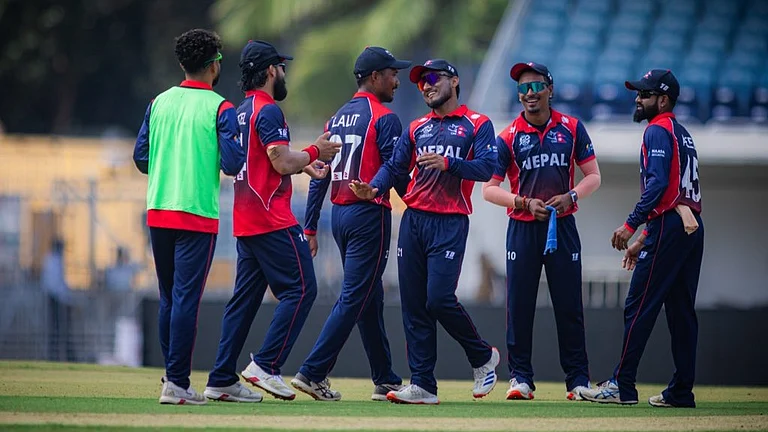- Decentralise, but don’t do away with FCI. Start community food banks.
- Offer the food stored thus in exchange for work on bio-ecological projects: afforestation, rainwater harvesting, waste recycling.
- Give nutrition support to mothers/infants, the infirm.
The decentralised system could be in the form of community food banks, to be organised with four major responsibilities:
Entitlements: The benefits of all government and bilateral and multilateral projects on under- and malnutrition can be delivered in a coordinated and interactive manner.
Ecology: Food for eco-development—establishment of water banks, land care, control of desertification and afforestation.
Ethics: This group of activities will relate to nutritional support to old and infirm persons, pregnant and nursing mothers and infants and pre-school children.
Emergencies: Immediate relief operations for major natural catastrophes like drought, floods, cyclone and earthquake, as well as to meet seasonal slides in livelihood opportunities.
Each of the above four streams of activities can be managed by four separate self-help groups of local women and men. This will help generate a self-help revolution in combating hunger. The overall guidance and vision may be provided by a multi-stakeholder Community Food Bank Council.
Our problem today is one of lack of access to food, arising from inadequate purchasing power or livelihood opportunities. We should immediately launch a comprehensive and most imaginative food for sustainable development programme, using 15 mt of foodgrains. Some of the components of this are already in place, like, Sampoorn Grameen Rozgar Yojana with 5 mt grain, grain banks for tribal areas with 1 mt grain, and the Annapoorna and CDS schemes.
The new schemes, each using 2 mt of grains, could be Nagarpalika Rozgar Yojana (for bio-environmental control of mosquitoes, rainwater harvesting and solid and liquid waste recycling); restoration of hydrologic and biodiversity "hotspots" (like Cherrapunjee) in the Himalayas and Western and Eastern Ghats; coastal ecosystem restoration with particular reference to mangrove wetlands (east and west coast, Andaman and Nicobar and Lakshadweep group of islands); and food for healthy children—programmes for pregnant and nursing mothers and infants (0-2 years)—to completely eliminate maternal and foetal undernutrition.


























